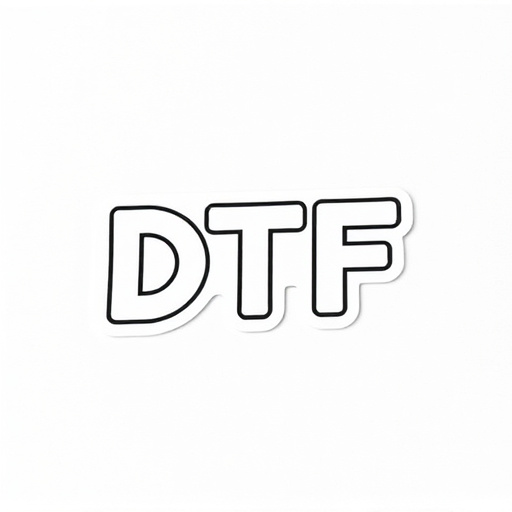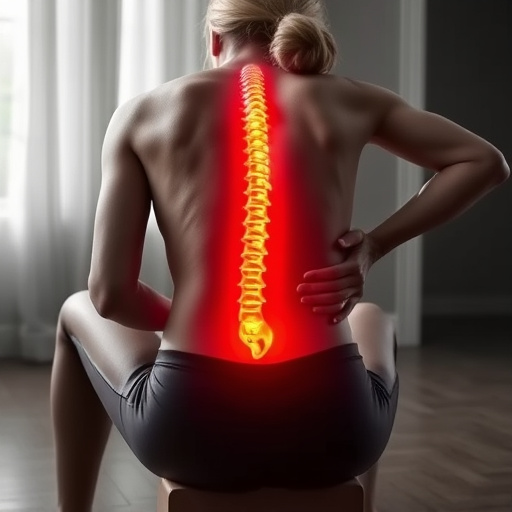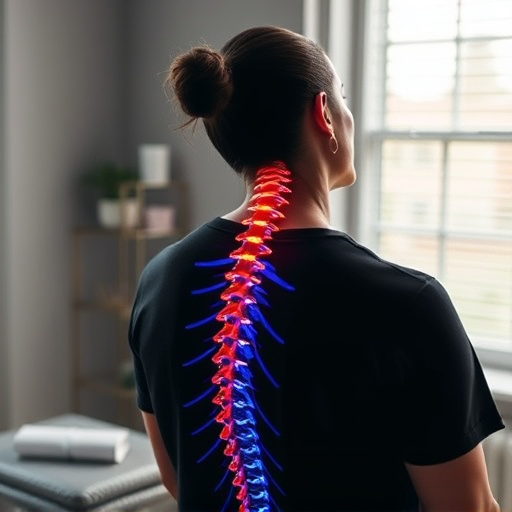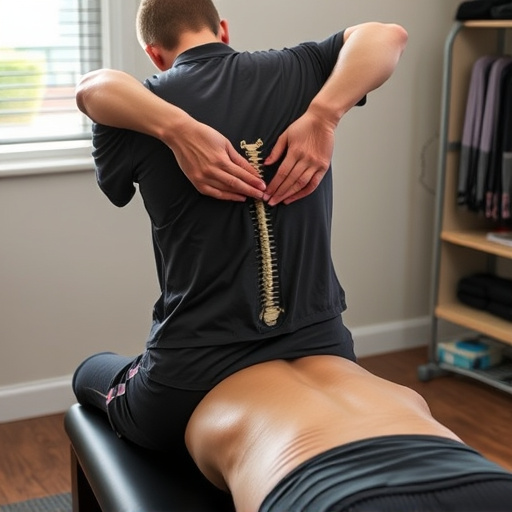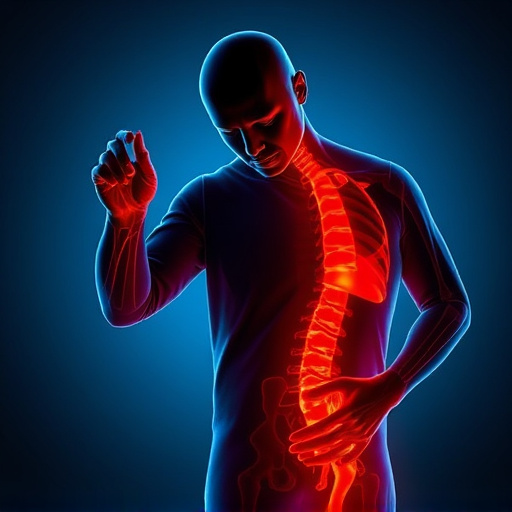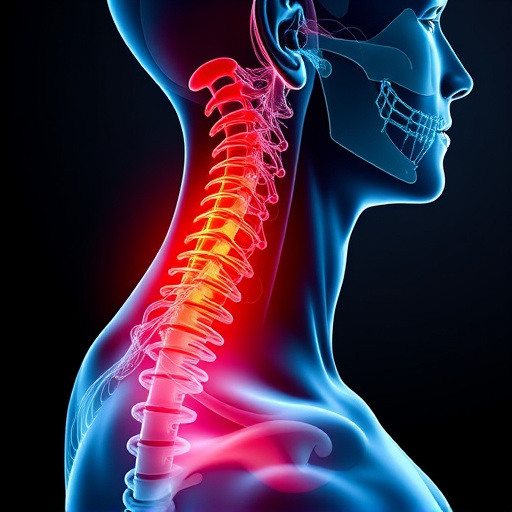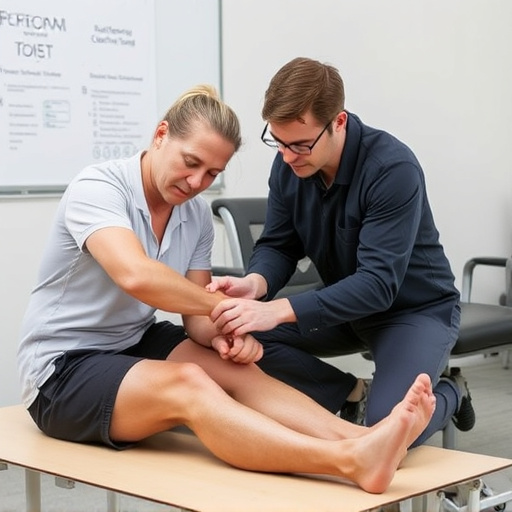Chronic pain management offers a multi-faceted approach beyond opioids, including over-the-counter drugs, alternative therapies (acupuncture, massage), personalized treatments (chiropractic care), and holistic strategies (exercise, mindfulness, diet). Growing concerns about opioid dependency drive interest in these natural alternatives, which target root causes for long-term relief.
Chronic pain can be a debilitating condition, but managing it without relying on opioids is possible. This article explores effective strategies for chronic pain management, focusing on non-opioid pain relievers, lifestyle adjustments, and complementary therapies. By delving into these alternative approaches, individuals can find relief while reducing their dependency on addictive medications. Discover practical tips and insights to take control of your well-being and live a fulfilling life despite persistent pain.
- Exploring Non-Opioid Pain Relievers and Alternatives
- Lifestyle Adjustments for Chronic Pain Management
- Complementary Therapies to Reduce Dependency
Exploring Non-Opioid Pain Relievers and Alternatives

Chronic pain management offers a variety of options beyond opioid medications for those dealing with long-term discomfort. Exploring non-opioid pain relievers and alternatives is a proactive step in taking control of one’s health. This can include over-the-counter painkillers like ibuprofen or acetaminophen, which are effective for mild to moderate pain. For more severe cases, alternative treatments such as acupuncture, massage therapy, and cognitive behavioral therapy have shown promise in managing chronic pain conditions.
Considerations like personal injury chiropractic care or rehab services can play a significant role in chronic pain management. After a car accident injury, specialized care from chiropractors focused on adjusting the spine and improving nerve function can complement other treatment methods. Rehabilitation services offer exercises tailored to strengthen muscles, improve flexibility, and reduce pain associated with specific injuries. These non-pharmacological approaches empower individuals to manage their pain without relying heavily on opioid medications.
Lifestyle Adjustments for Chronic Pain Management
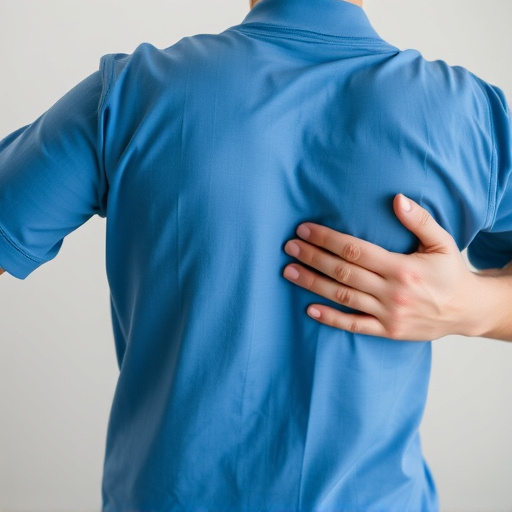
Chronic pain management requires a holistic approach that goes beyond medications. Lifestyle adjustments play a pivotal role in mitigating pain and improving overall well-being. Simple changes like regular exercise, tailored to individual needs, can significantly reduce pain levels. Physical therapy and rehabilitation services offer specialized chronic pain relief techniques focusing on the musculoskeletal system, addressing specific injuries that contribute to persistent pain.
Additionally, mindfulness practices such as meditation and yoga have proven effective in managing chronic pain. These activities promote relaxation, improve posture, and enhance mental clarity, providing natural alternatives to opioid-based solutions. Adopting a healthy diet and maintaining adequate sleep also contributes to chronic pain management by supporting overall body function and reducing inflammation.
Complementary Therapies to Reduce Dependency
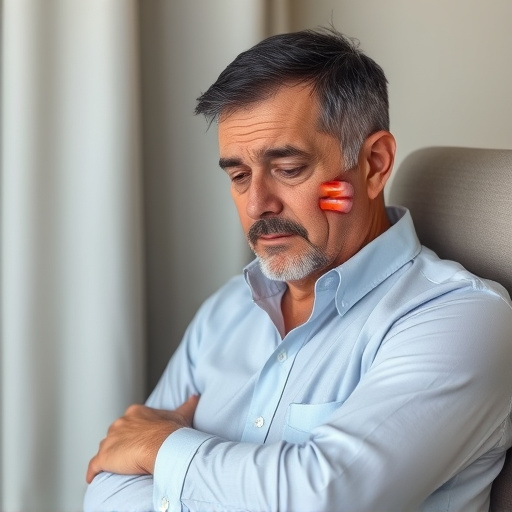
Many individuals seeking chronic pain management often look beyond traditional opioid medications to reduce their dependency and find lasting relief. This shift towards complementary therapies is gaining traction due to growing concerns about overprescription and addiction. One such alternative gaining prominence is shockwave therapy for pain, which has shown promising results in treating various conditions, including neck pain.
Functional rehabilitation stands out as another effective approach, focusing on strengthening muscles, improving flexibility, and enhancing overall body mechanics. By addressing the underlying causes of pain rather than merely masking symptoms, these complementary therapies offer a more holistic path to chronic pain management. This approach not only reduces reliance on medications but also empowers individuals to take control of their well-being.
Chronic pain management doesn’t have to revolve around opioids. By exploring non-opioid pain relievers, making lifestyle adjustments, and incorporating complementary therapies, individuals can find a holistic approach to managing their pain effectively without relying on these medications. These alternative strategies empower folks to take control of their well-being and live more fulfilling lives.
